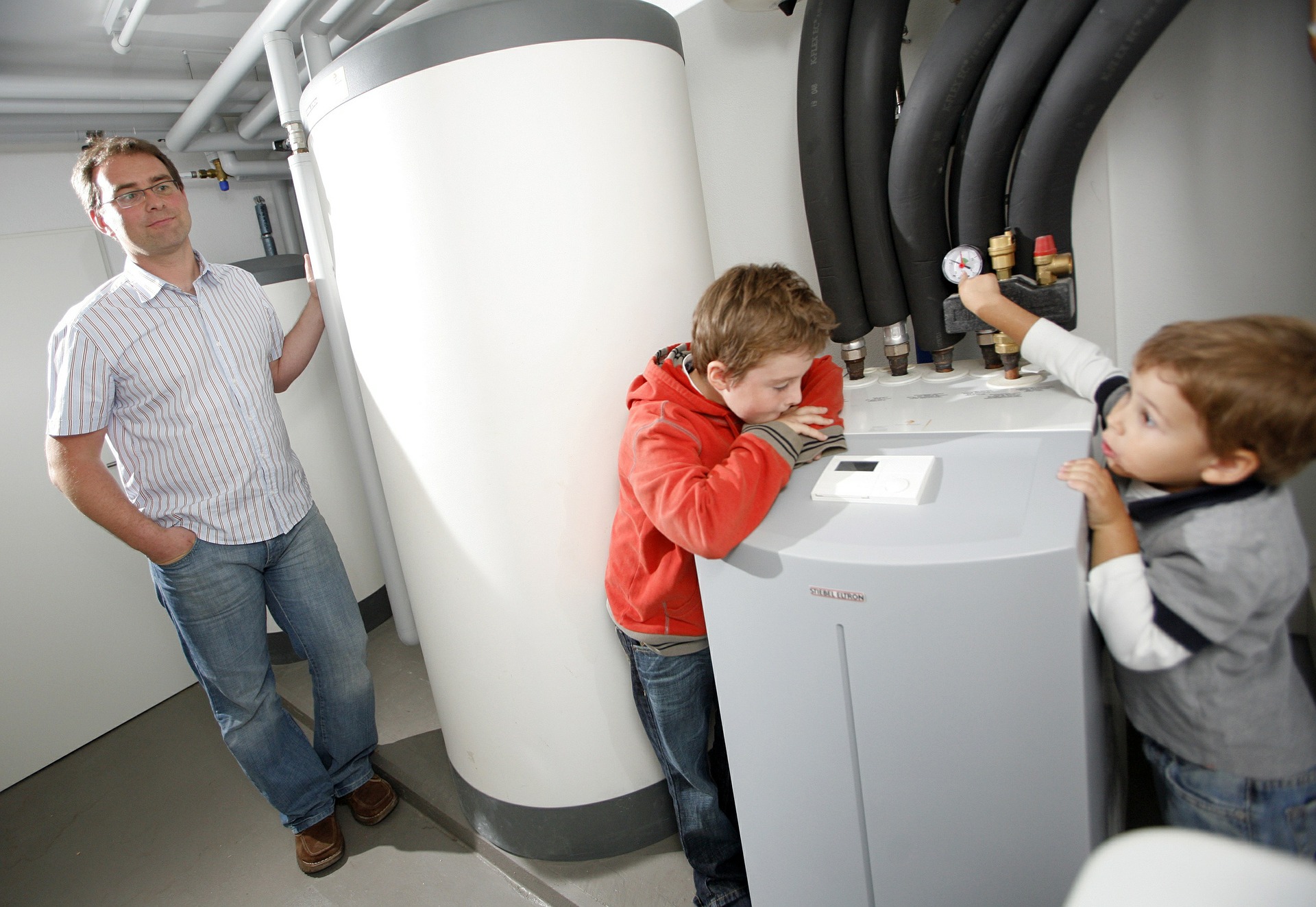
You’re not alone if you consider your basement one of the least healthy places in your home. They’re often riddled with damp air that smells of mildew. Some have gas-burning appliances in them that pose carbon monoxide (CO) concerns and unless it’s routinely maintained, a basement HVAC system can be a problem.
Water Damage
Water damage is the most common hazard associated with basements, whether it seeps in through the walls or floors. Basement floods also occur from heavy rains, local flooding, or sewer backups. Each of these events has its own health risks, from mild to extremely serious. Mold and mildew are common allergy triggers and backed-up sewage, even if mixed with rainwater, is a major contaminant.
A working sump pump will help prevent basement flooding and drain tiles and other techniques prevent moisture infiltration through the walls and floor. If you have a septic system, it’s important to know the signs of a full tank or problems. It’s also helpful, regardless of your waste management system, to know the signs of sewer line blockages.
Carbon Monoxide
Many homes have a water heater and furnace in the basement. If either of these uses a combustible fuel, there is a danger of CO building in the basement. If the vent stack for either appliance is clogged, CO won’t exhaust completely and eventually, this lethal gas will build in the basement. An aging furnace with a cracked heat exchanger can also distribute CO through the ducts.
Preventive maintenance for the water heater and HVAC system will prevent CO from building up. A working CO detector is a must-have if you have any fuel-burning appliances in the basement.
Poor Ventilation
Unless your basement has plenty of operable windows and the weather lets you open them daily, the air in the basement could easily become stale and unhealthy to breathe. People with allergies or asthma may struggle to breathe the overly humid air that likely contains more than its share of mold spores.
Exhaust fans or balanced ventilation systems will help improve the air quality in the basement. Balanced systems like energy recovery ventilators (ERVs) pull in as much fresh air as they remove and they do it without raising energy bills substantially. They use technology that transfers the energy in the outgoing air into the incoming air, making them an energy efficient way to ventilate year-round.
Ductwork Leaks
A forced-air HVAC system located in the basement that has ductwork leaks can be a health hazard. The leaks will pull tiny particles into the ductwork from the areas through which they run. They may also backdraft CO into your home’s air if you use any vented gas appliances, like gas furnaces and water heaters.
Bottom Line
Basements don’t have to have bad air quality, especially if they’re dry and have a source of fresh, clean air. Even though it will take some time and effort to make improvements to this space, it’s worth it to assure your health and that of your home.


